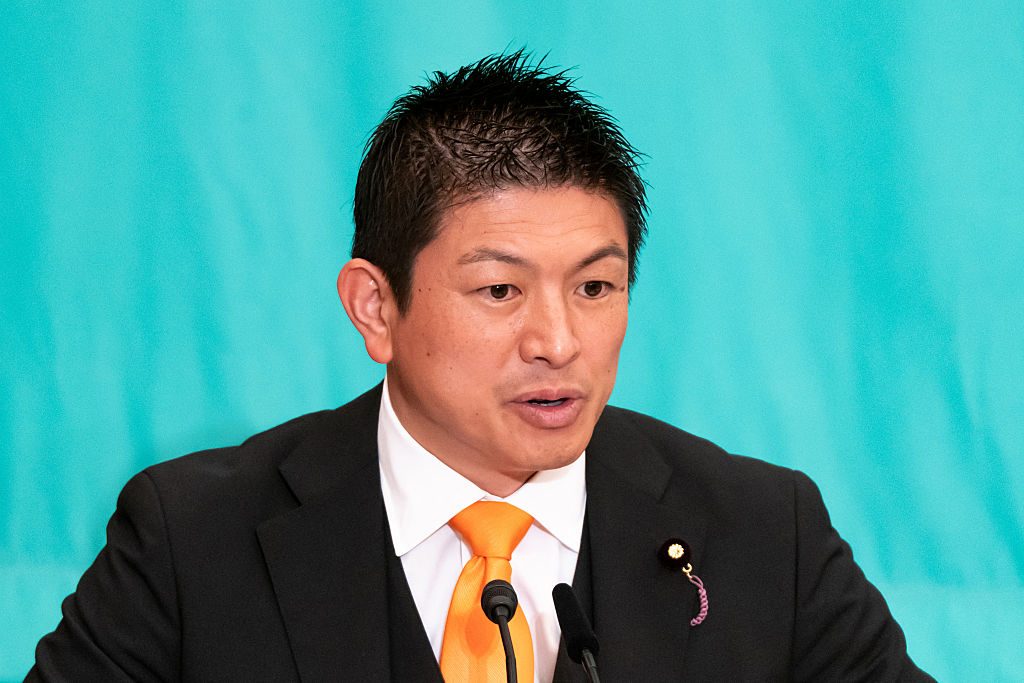In what would be a seismic political shock in an earthquake-prone country, Japan’s ruling bloc (consisting of the eternal party of government the Liberal Democratic Party and their coalition partners Komeito) are projected to lose their majority in Japan’s upper house elections after Sunday’s vote.
According to exit polls, the coalition will fall short of the 50 seats it needs to hold on to power, coming in at only 41. This will be the worst result since their alliance was forged in 1999.
This is terrible news for Prime Minister Shigeru Ishiba. He has vowed to fight on, but in the wake of this likely humiliation (his third after the deflating Lower House elections last year and the recent Tokyo municipal poll), his time may be up.
The LDP could hang on to power by cobbling together some form of expanded coalition, but that would be difficult and messy because there is no obvious option. And in any case, Ishiba, who is so uncharismatic and uninspiring that some of his own party requested that he not join them on the campaign trail, would have real trouble maintaining any kind of authority over his fractious and factional party.
Ishiba was never popular with the LDP grandees and however determined he may be to carry on, figures like ex-Prime Minister Taro Aso, who is still believed to be the LDP shot-caller (or “shadow shogun” as the Japanese say) may step in.
One of the winners of the night looks likely to be the highly controversial Sanseito (an English translation of their name is the “Do it yourself” party) which is predicted to see its seat count rise from two to between 15 and 22. Sanseito has been branded rather predictably as far-Right conspiracy theorists for their “Japan First” message which advocates strict immigration policies and includes scepticism about Covid lockdowns and mandated vaccinations. Sanseito also opposes “globalism”, extreme gender politics and radical green policies. They also want to rewrite the constitution.
My sources, and my instincts, tell me that much of the criticism of Sanseito is overblown. Sanseito is actually quite a broad church and if they have indulged in some provocative rhetoric with regard to immigrants, it may simply have been a cynical ploy to get attention (if so, it worked). The party certainly got the government’s attention — Ishiba’s cabinet recently set up a new body, called the “control tower” to deal with issues related to immigration in Japan, such as crime (probably not much of a problem in reality) and over-tourism (a genuine issue).
Sanseito has also been heavily criticised for their Covid scepticism, but this is far more widespread in Japan than is acknowledged by the mainstream media. And no wonder, since Japan has a history of vaccine scandals that have made many people wary of government-mandated health policies. And as if to complete the full set of “populist party” attack lines, Sanseito has even been accused of being supported by Russia after one of its members spoke on Russian state television.
There was a whiff of desperation about all these claims, which appear to have fallen flat. Sanseito’s slick and innovative social networking-based membership model and energised campaigning — I was offered a leaflet yesterday so they can’t be that xenophobic — appears to have paid dividends. They look like serious players now.
The truth about Sanseito is that it appears to offer a genuine alternative to the tired and uninspiring LDP and other traditional parties. And it is probably not immigration or Covid concerns that were the main accelerants for its surge. It was the economy. At a time when prices are rising, the yen is weakening, salaries are stagnant, and Trump’s tariffs are threatening the vital automobile sector, people have been emboldened to take a chance on something new. This marks a shift in Japanese electoral behaviour, introducing a dynamism to the otherwise predictable voting patterns.
There are parallels here with the UK. The LDP, which has many similarities with the Conservative Party, is losing its grip on its traditional voter base, partly through its persistent failure, and partly perhaps through sheer boredom. Sanseito, which has similarities to Reform, looks to be one of the chief beneficiaries. Untainted by failure, and rather transgressive, the party looks to have sensed the mood of a jaded and anxious electorate and capitalised. What it does next will be very interesting.
